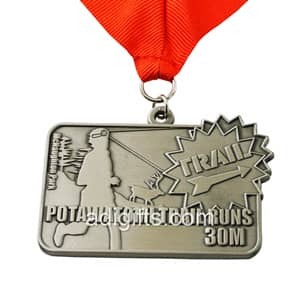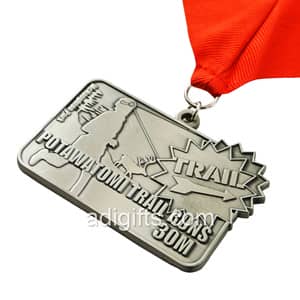
today ,we will know the story of the medal about fencing .
I really enjoyed it right from the start and fell in love with it,” she said. “I like the physical part and the mental part of fencing. I went one day a week, then twice a week and it just took off from there.”A few years into her new hobby, Eyre learned about the World Championships, although she still wasn’t eligible. Athletes must be 50 years old to participate, and qualify by competing in three national tournaments throughout the year.Eyre had to wait even longer because her weapon of choice is the sabre, and there was no women’s division for sabre until she turned 52. She went to her first international competition in 2005 and won the first of her gold medals.“I remember I was at dinner one night and somebody mentioned that there was this Veteran Fencing World Championships, and you can get on the team, but you have to be one of the top four in the country in your age group,” she said. “I heard about it and in that moment I decided I was going to do it and I was going to win.


So I started training for it then. This is not an easy sport to learn. The longer you do it, the more you improve, even when you’re older. I just turned 65 and I still improve every year, because there are so many things to learn and it’s such a mental sport. You’re forever pushing yourself a little past your comfort zone.”“I plan to compete as long as I can,” she said. “I can still handle 16- or 17-year-old guys in our club, so I’ll be happy as long as I can do that. You can look at somebody and size them up and think, ‘This will be a piece of cake.’ Then they kick your (butt). If you look at someone who is old or overweight and think it’s going to be easy, then you really have to fight for it. It’s fascinating. You can psyche yourself out or psyche yourself up to do anything in this sport.”